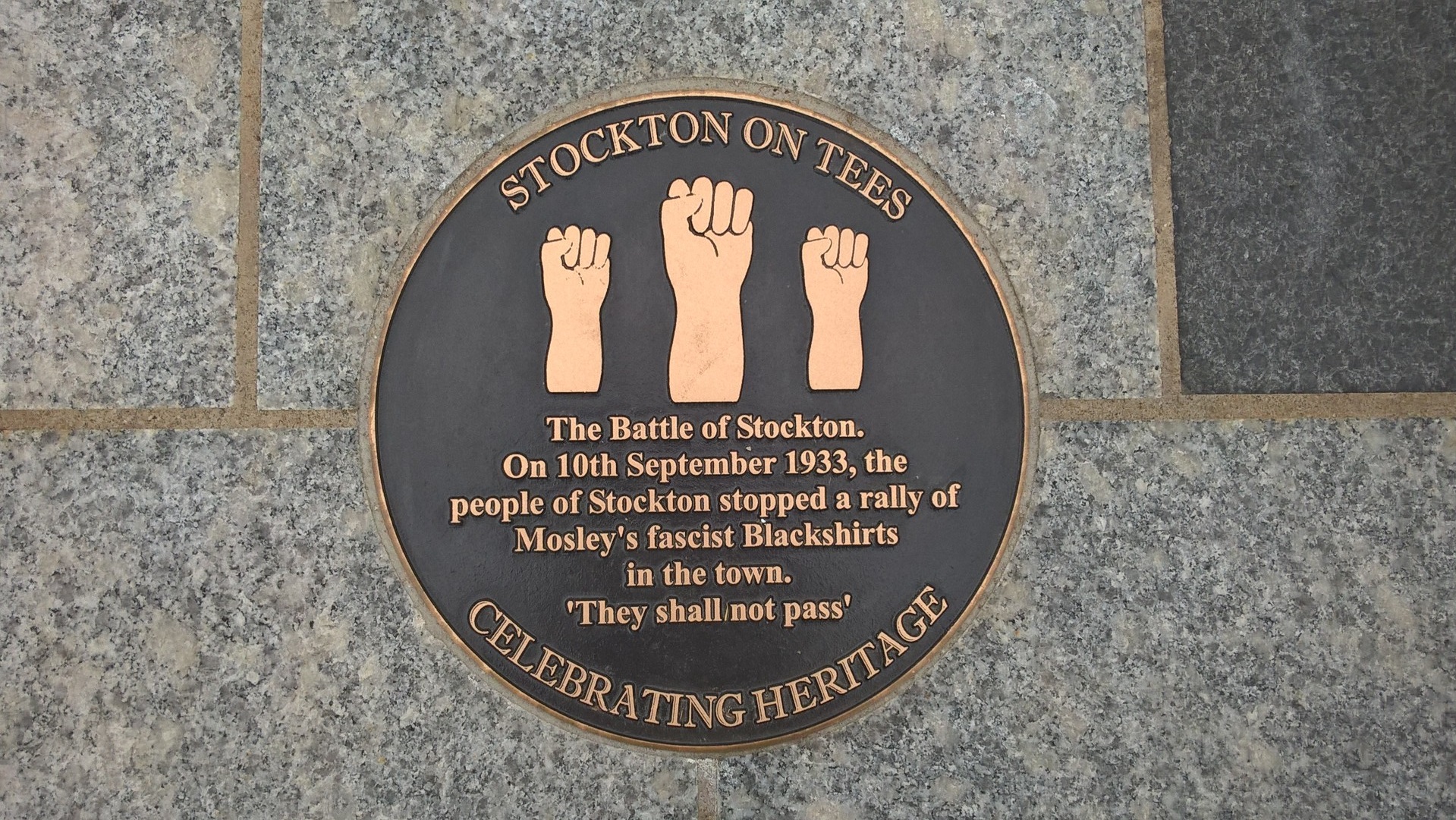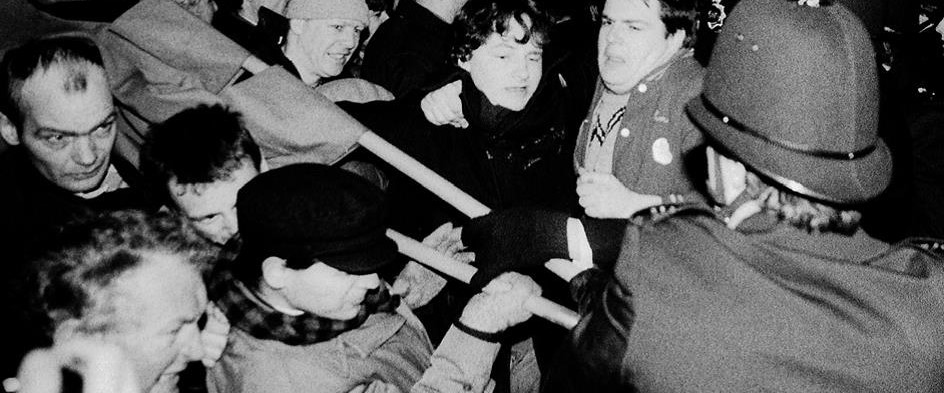‘Here’s to the next 100 years’
Unite’s finance sector, which has 130,000 members, is among the union’s largest groups. Unite has long campaigned tirelessly on issues important to finance members, including on pay, job security, divestment, offshoring and outsourcing, as well in as cutting edge campaigns such as the Robin Hood Tax.
But bank workers in the UK have not always been organised in the way they are now. As the UK’s first banking union, the Bank Officers Guild – a predecessor union of Unite’s finance sector — celebrates its 100th anniversary this year, UniteLive looks back at how a once non-unionised workforce joined together in the fight for better pay and conditions that would change the sector forever.
Wartime struggle
The year was 1917 and the First World War had raged on for several years, with, at that point, seemingly no end in sight. Union membership across the UK had surged from the beginning of the war in 1914 from 4.1m members to over 6m.
Bank workers at the time had endured longer hours and heavier workloads, which they had merely accepted as their contribution to the war effort. But prices kept rising faster and faster, and even with the war bonuses they received on top of their salaries, they struggled to make ends meet.
Against a backdrop of rising unionisation rates in other sectors, many of which had long been organised, bank workers began to realise that the only way to improve their lot was to form a union.
Big ambitions
In October 1917, representatives from workplaces across Irish banks gathered to discuss unionising. Soon the Irish Bank Officials Association was formed and would receive recognition from both the Ministry of Labour and the Irish banks.
The Bank Officers’ Guild in England and Wales followed soon after in 1918, alongside the Scottish Bankers Association which formed in 1919.
In a first mention of the Bank Officers’ Guild in British newspapers, a leader of the nascent union explained in the Hull Daily Mail in September 1918 why he and his colleagues were organising.
“We are told,” he said, “that it is unbecoming of professional men to imitate the working classes by forming a union. That talk does not carry weight with bank clerks nowadays. We are tired of having our â€gentlemanly’ profession exploited in this way. We retort, â€It is your money we want and it is ungentlemanly to keep it back from us.’”
The Bank Officers’ Guild may have started out small but its ambitions were big – it campaigned not only for better pay and conditions but also to improve bank workers’ education. In reaction to union organising in the finance sector, banks responded by setting up their own internal staff associations to rival the Bank Officers’ Guild. Still, at the moment in history after the war, there was no going back – bank workers would from then on be strongly organised.
By the 1920s, nearly all bank workers in the UK had access to either a union or staff association.
The Bank Officers’ Guild eventually became the National Union of Bank Employees in 1946 and then later BIFU in 1979. BIFU came to be the UNIFI in the mid-90s and then in 2004 it became part of Amicus, which merged to form Unite.
Unite national officer for finance Dominic Hook explained why, on the 100th anniversary of the UK’s first bank union, it’s so important to remember Unite’s finance sector’s roots.
“Unite and its predecessors have been campaigning for better pay and conditions in banking for 100 years,” he said. “From the introduction of maternity leave, to overtime payments, from enhanced redundancy terms, to banks paying the real Living Wage for the lowest paid employees, we’ve been working for bank staff for a long time on countless issues. Here’s to the next 100 years!”
 Like
Like Follow
Follow

